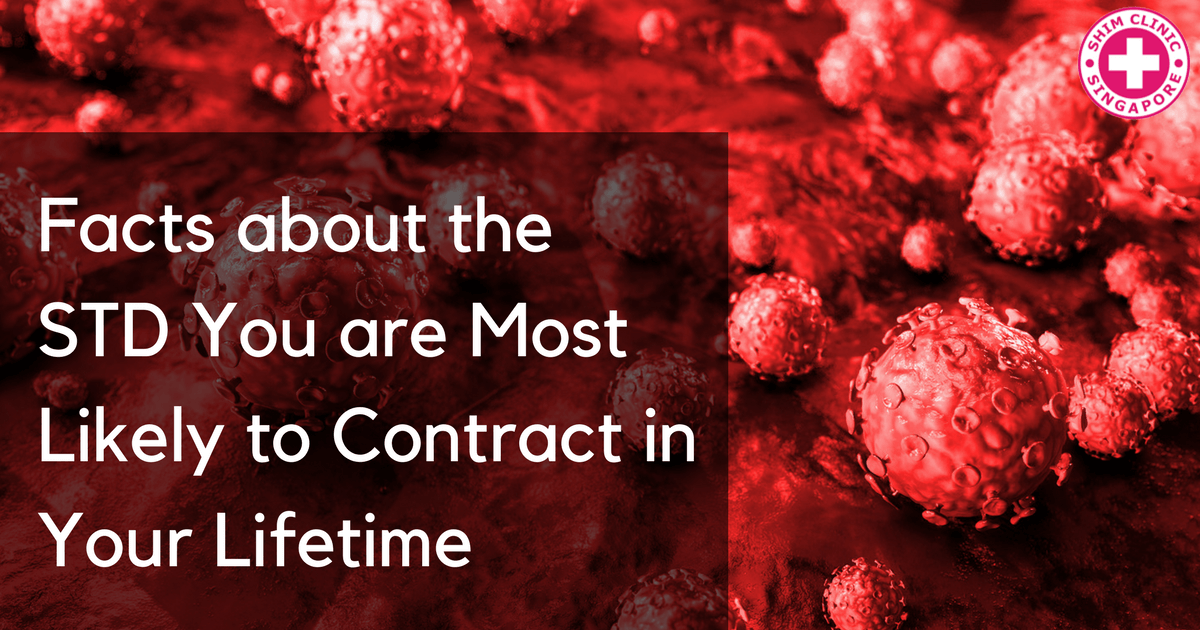Human papillomavirus (HPV) has been known for decades to impact women. HPV is the cause of cervical cancer and this is perhaps the reason behind research that focused on females only. However, a new study suggests that the virus affects both sexually active men and women in equal measure.
Experts now agree that so long as you have sex, male or female, you have a 75% of contracting the virus at some point in your life. Due to the asymptomatic nature of HPV, many people may not know that they have the virus until years later when certain conditions develop.
In addition to causing cervical cancer, HPV is responsible for genital warts as well as more than 90% of all anal cancers, 63% of penile cancers as well more than 70% of the throat and oral cancers.
The Stats on HPV
A survey that was conducted all over U.S in men aged 18 to 59 years revealed that 45% of them currently have HPV. Interestingly, the rates for younger men aged 18 to 22 years are lower than average. The same cannot be said of 28 to 32-year-olds who have their rates at 51% with 60% of the older guys aged 58-59 years carrying the virus.
Moreover, the study reported that 11% of the males got vaccination for the virus which is low when compared to the female counterparts’ rates. This may be attributed to the fact that the Centers for Disease Control and Prevention began recommendations for the vaccination of girls at the age of 11 in 2006 in order to prevent the development of cervical cancer. Vaccination for boys was only begun five years later for prevention of penile, oropharyngeal and anal cancers that may develop in later stages of life.
Researchers add that cancers that develop in older men caused by HPV are not new infections of the virus. Rather, they say the older men may have contracted HPV at an earlier age but the virus was dormant. As they age, the immune system weakens making it possible for the virus to reactivate and lead the development of cancer.
HPV Rates among Females Reduced from 12% in 2006 to 4% in 2016
According to a different study published in the Pediatrics 2016, vaccination against HPV for females works at exciting success rates. The study suggests that HPV rates among females have gone down from 12% in 2006 to 4% in 2016.
Additionally, only 2% of those vaccinated against the virus have HPV as compared to 17% who have not received the vaccine. The study continues to say that the reason behind the HPV cases despite vaccination may be because the subjects already had the virus before vaccination was done.
Despite the success rates demonstrated by the vaccine, the number of girls and boys receiving the vaccine are still low. This is accredited to lack of public awareness and information on what HPV is and what it can do.
Researchers are advocating for the vaccination against HPV not as a preventive measure for the STD but as a cancer vaccination. It is upon parents to make sure their children get the vaccination and information on the virus in order to reduce chances of future health complications and worry.
In conclusion, the CDC only recommends vaccination for the virus for males till age 26. If you are sexually active and past 26, there is almost no need for getting the jab. However, all is not lost as the cancers caused by the virus in older men are rare and can be treatable.
Source: JAMA Oncology

